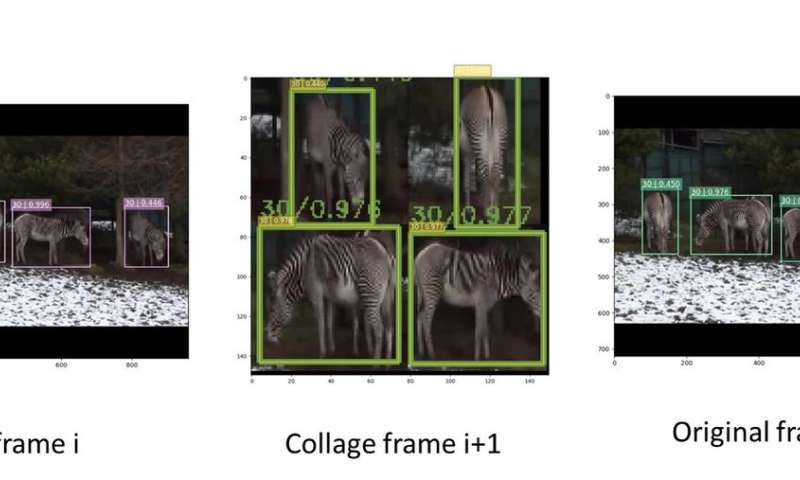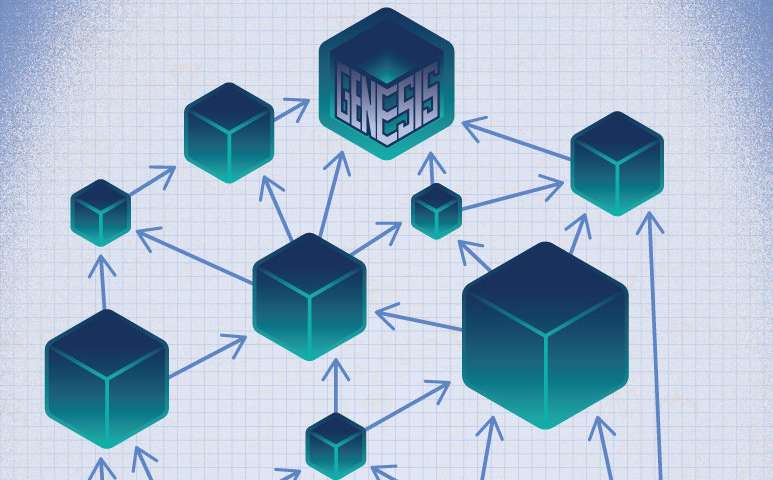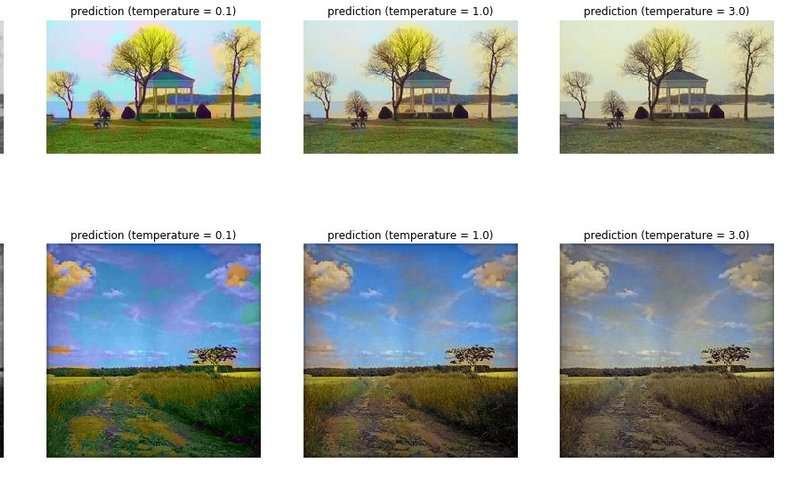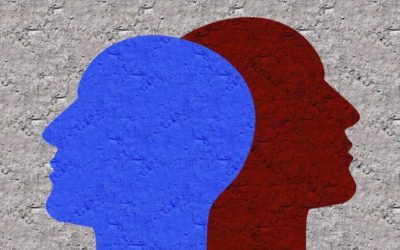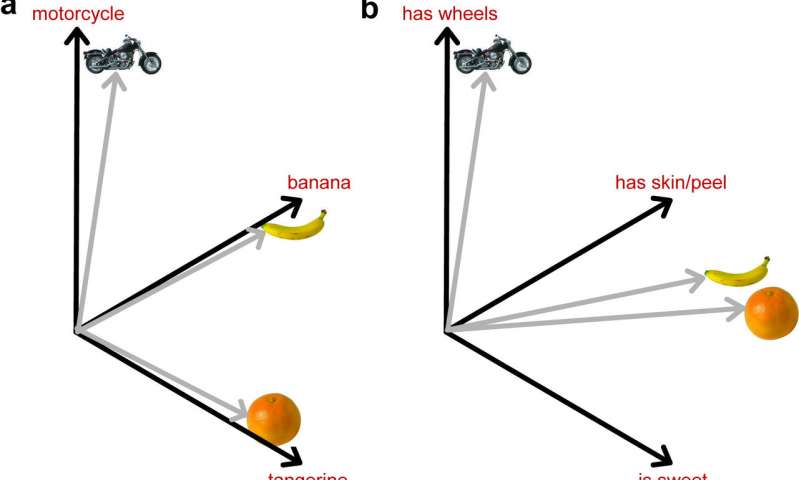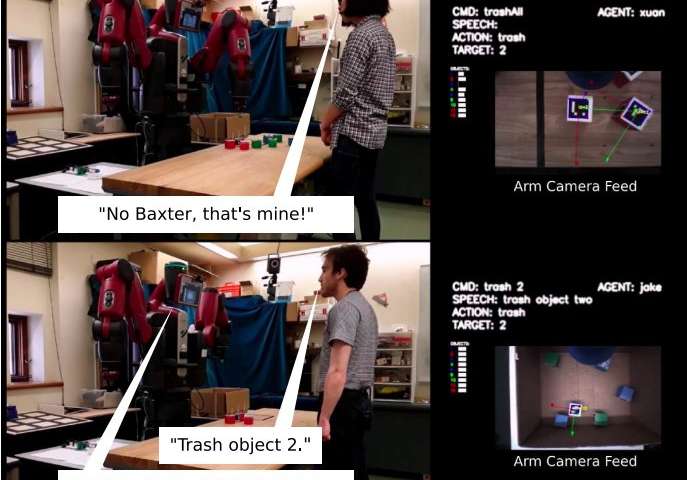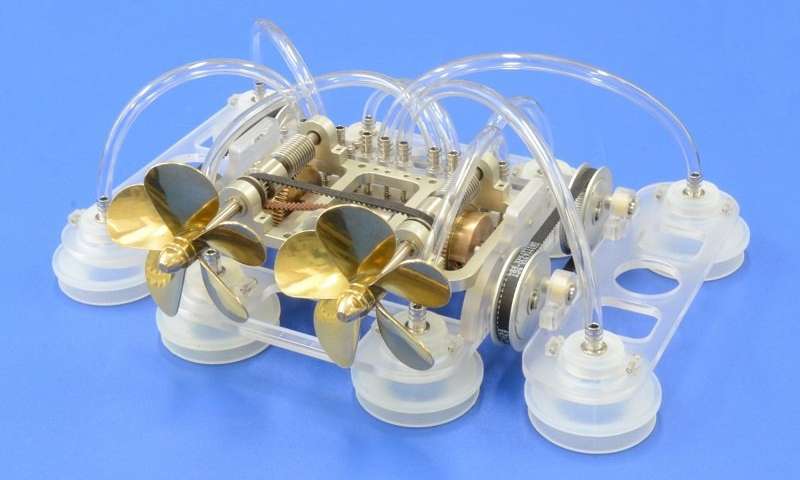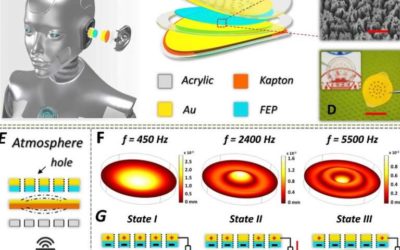AI or not AI: that is the question.
TECHXPLORE
Fast object detection in videos using region-of-interest packing
Researchers at the Robert Bosch Center for Data Science and Artificial Intelligence and Center for Computational Brain Research, Indian Institute of Technology Madras, and Purdue University have recently developed a new method of reducing computational requirements...
Casanova: A scalable consensus protocol for blockchain
A team of researchers at Pyrofex Corporation recently introduced Casanova, a leaderless optimistic consensus algorithm suited for use in a blockchain. Rather than producing a chain, Casanova produces blocks in a directed acyclic graph (DAG), which is essentially a...
ColorUNet: A new deep CNN classification approach to colorization
A team of researchers at Stanford University has recently developed a CNN classification method to colorize grayscale images. The tool they devised, called ColorUNet, draws inspiration from U-Net, a fully convolutional network for image segmentation.
AI systems shed light on root cause of religious conflict
Artificial intelligence can help us to better understand the causes of religious violence and to potentially control it, according to a new Oxford University collaboration. The study is one of the first to be published that uses psychologically realistic AI—as opposed...
An integrated visual and semantic neural network model explains human object recognition in the brain
Neuroscience researchers at the University of Cambridge have combined computer vision with semantics, developing a new model that could help to better understand how objects are processed in the brain.
Using machine learning to detect software vulnerabilities
A team of researchers from R&D company Draper and Boston University developed a new large-scale vulnerability detection system using machine learning algorithms, which could help to discover software vulnerabilities faster and more efficiently.
A new robot capable of learning ownership relations and norms
A team of researchers at Yale University has recently developed a robotic system capable of representing, learning and inferring ownership relations and norms. Their study, pre-published on arXiv, addresses some of the complex challenges associated with teaching...
A new roving biologger that travels along a sperm whale’s body surface
A team of researchers at Yamagata University and Teikyo University of Science, in Japan, have recently developed a new roving biologger, or whale rover, which can travel along a sperm whale's body surface and collect valuable behavioral data. Biologging entails the...
A new triboelectric auditory sensor for social robotics and hearing aids
Researchers from Chongqing University, in China, have recently developed a self-powered triboelectric auditory sensor (TAS) that could be used to build electronic auditory systems for external hearing aids in intelligent robotics applications. Their recent study,...


